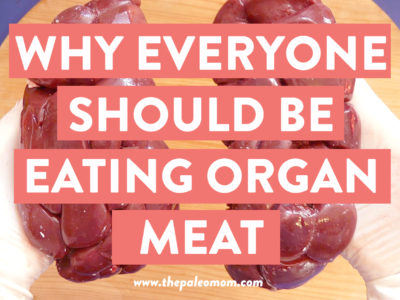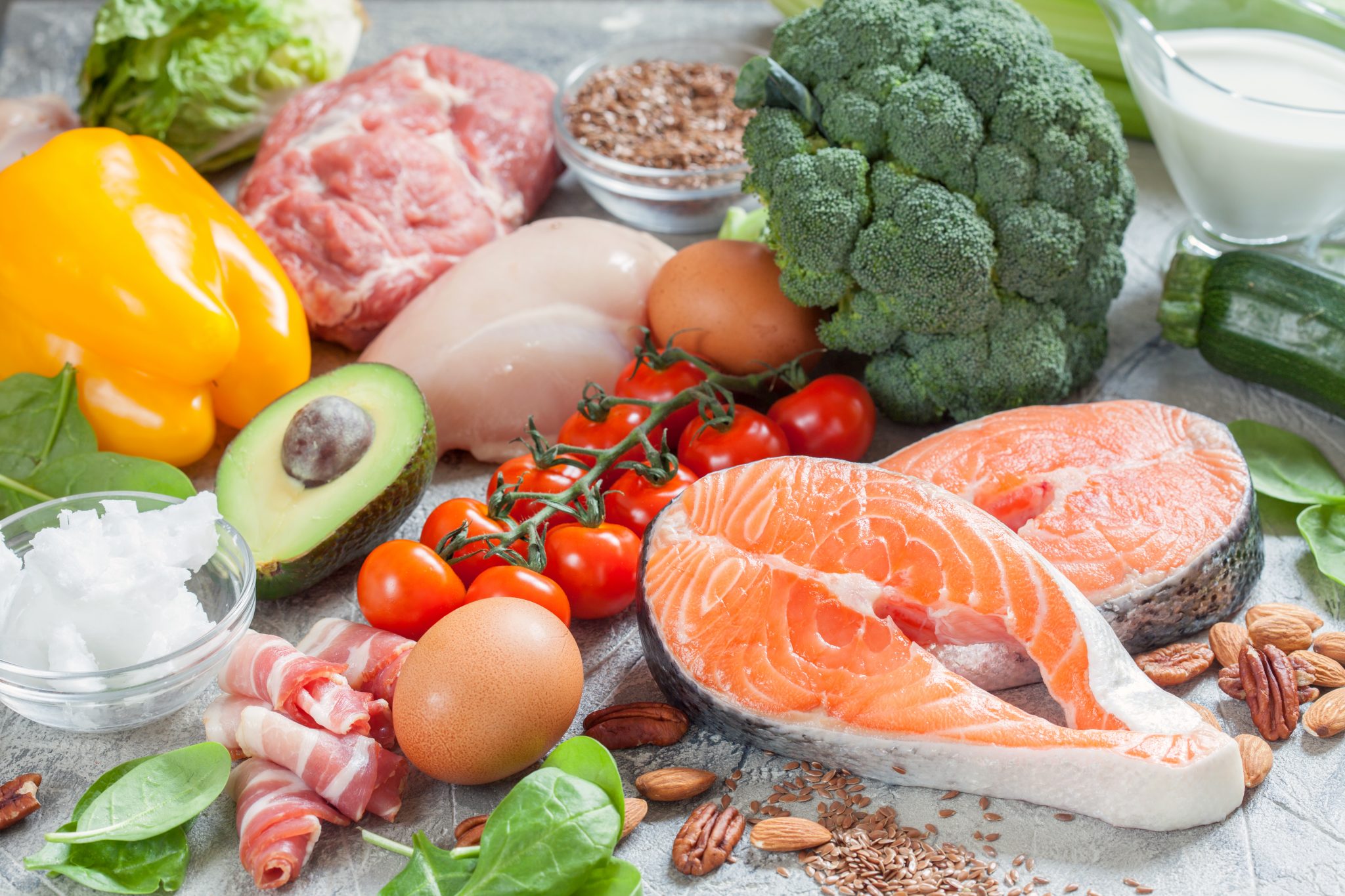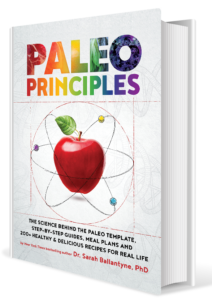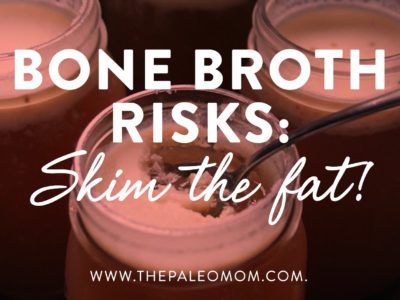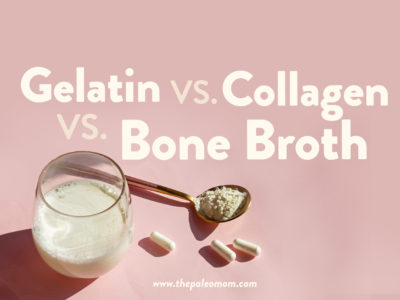You’ve probably heard a lot about how important it is to eat organ meat: things like liver, kidney, tripe, heart, and even brain. What do these meats have that the muscle meat that we’re used to eating doesn’t have? The answer is A LOT! Organ meats are the most concentrated source of just about every nutrient, including important vitamins, minerals, healthy fats and essential amino acids. In the olden days (yes, I use that term purposely vaguely because it’s different for different cultures), organ meat was revered and saved for those at the highest echelons of society (exactly who depended on the culture, sometimes it was saved for pregnant women, sometimes the head of the family or tribe, sometimes the oldest members of the society, sometimes the hunters, etc.). I remember my mom cooking liver once a week when I was a kid (I also remember hating it, which is strange because I look forward to it now). But most of us don’t eat any organ meat anymore. So, what changed? How have we, as a society, migrated so far from organ meats in just a couple of generations? I think the answer to that question could be a dissertation in itself, but there is one BIG benefit for us: organ meat, even from grass-fed animals, can be very cheap compared to muscle meat (and organ meats from grass-fed animals are even higher in nutrients than organs from grain-fed animals). So, not only do you get to eat the healthiest meat from the animal, but you get to save money doing it! If you’re living on a tight budget, this might be a great way to work in some grass-fed meat!
I urge you to be adventurous with organ meats. I love ordering more unusual organ meats and things like feet and knuckles in ethnic restaurants, especially French and Chinese (although you do need to be careful of gluten ingredients when you do this). But when it comes to cooking at home, certain organ meats are easier to find than others. I suggest starting with the three organ staples: liver, kidney and heart. All three are available from US Wellness Meats (both beef and lamb, but also look at their variety of organ meat sausages) and liver is available from GrassFed Traditions (bison, beef and lamb).
Compared to the muscle meat we are used to eating, organ meats are more densely packed with just about every nutrient, including heavy doses of B vitamins such as: B1, B2, B6, folate and the very important vitamin B12. Organ meats are also loaded with minerals like phosphorus, iron, copper, magnesium, iodine, calcium, potassium, sodium, selenium, zinc and manganese and provide the important fat-soluble vitamins A, D, E and K. Organ meats are known to have some of the highest concentrations of naturally occurring vitamin D of any food source. Organ meats also contain high amounts of essential fatty acids, including arachidonic acid and the omega-3 fats EPA and DHA.
Liver is known to be one of the most concentrated sources of vitamin A of any foods. In addition to containing dozens of important vitamins and minerals, it is an outstanding source of Vitamin D, Vitamin B12 (and other B-Vitamins), copper, potassium, magnesium, phosphorous, manganese, and iron, which is in a form that is particularly easily absorbed and used by the body. Kidney is particularly high in Vitamin B12, selenium, iron, copper, phosphorus and zinc. Even though heart is technically a muscle, it also is also a superfood. Heart is a very concentrated source of the supernutrient, Coenzyme Q10 (CoQ10, important for cardiovascular health and also rich in kidney and liver), contains an abundance of Vitamin A, Vitamin B12; folic acid, iron, selenium, phosphorus and zinc, and is the number one food source of copper. Heart also contains twice as much collagen and elastin than regular meat (which means it is rich in the amino acids glycine and proline), which are essential for connective tissue health, join health and digestive health (see The Health Benefits of Bone Broth).
I recommend incorporating organ meat into your diet at least twice per week. In fact, the more organ meat in your diet, the better, especially if it’s grass-fed. (See: 3 Painless Ways to “Eat Your Liver” for recipe ideas!) If you’re still disgusted by the idea of eating liver, you’re not alone. Fortunately there is an easy solution: liver pills! Organic 3 Beef Liver Capsules are non-defatted to preserve the fat-soluble nutrient content (including vitamin A) and it’s freeze-dried, which also helps preserve the full range of nutrients compared to desiccated liver capsules thanks to maintaining cold temperatures through the drying process. There’s no additives or fillers and the capsules are simply made from gelatin.

